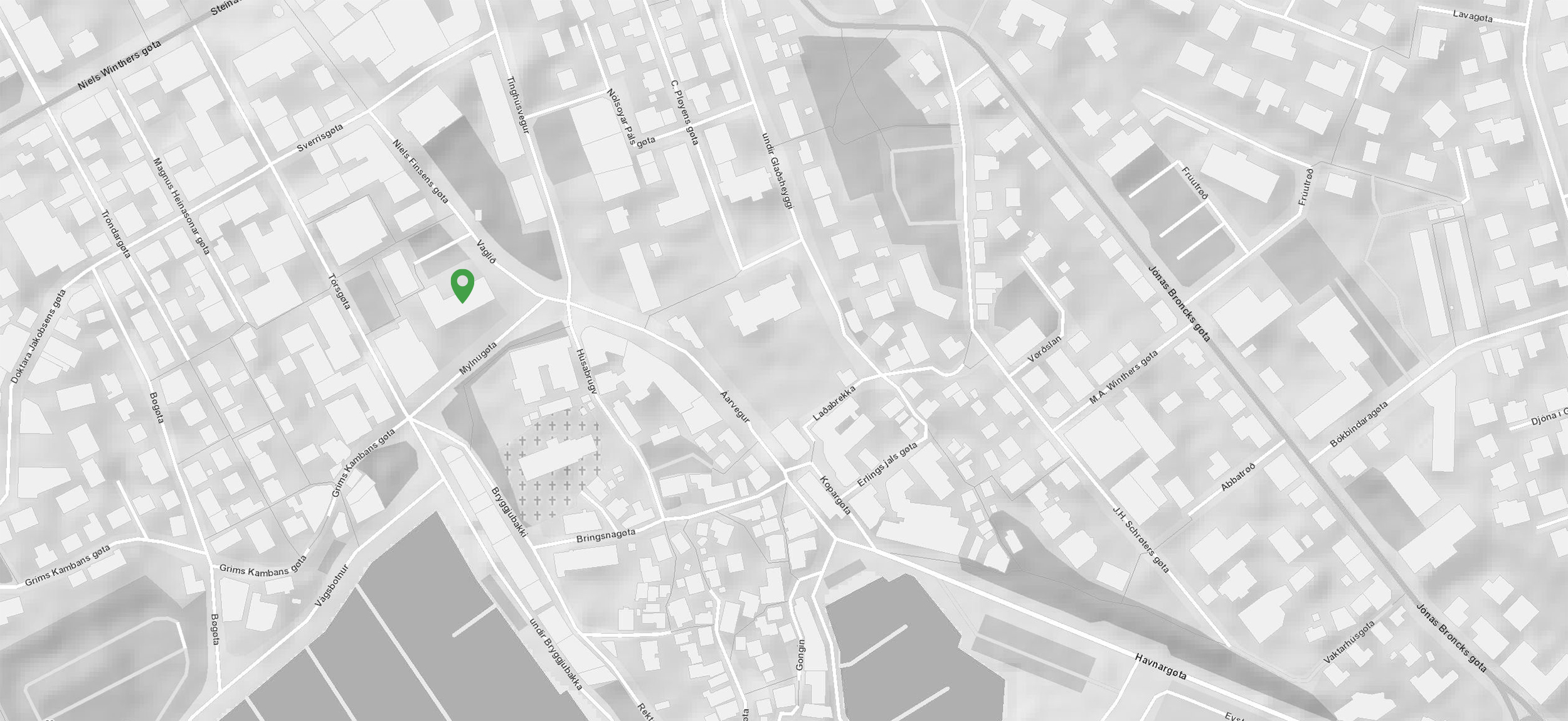Spouses or partners
This section will inform you about rules and rights of non-Faroese people that move to the Faroe Islands with a Faroese partner, and introduce some opportunities and events to learn about Faroese culture, share your own culture, and enrich your social network.
The Multicultural Week is a celebration of cultural diversity in Faroese society. It aims to embrace and celebrate cultural diversity. The celebration takes many forms, including diverse cuisines, global music, international art, multicultural sports, and dance.
The vision for Multicultural Week is to create a recurring campaign where every municipality, school, interest group, company, and individual actively contributes and celebrates cultural diversity. Municipalities, schools, interest groups, companies, and individuals prepare to participate and organise various events throughout the week, including artistic performances and culinary delights.
The Multicultural Week usually takes place at the end of October. All events will be visible in the public event calendar Tímin. Keep an eye on the event calendar to get a sneak peek of what's on the schedule for this year.
Many children and families in the Faroe Islands attend organised camps and retreats in the summer, and since 2018 the Faroese Red Cross has hosted an intercultural family retreat for families with non-Faroese backgrounds. The event offers an opportunity for families of diverse backgrounds to socialise with others in similar situations from across the islands, engage in discussions, and enjoy the camp setting as a family.
»Málkafé« is an informal drop-in language café run by Red Cross volunteers. Volunteers will speak Faroese with anyone who wants to practise their Faroese conversational skills. Málkafé is every Thursday at the Public Library, Niels Finsensgøta 7, from 5 pm-7 pm.
You can find this and other events in the public event calendar Tímin.
If you have been granted a residence permit in the Faroe Islands and a permit to work or study a higher educational programme in the Faroe Islands, your spouse, registered partner or cohabiting partner and children under the age of 18 years that live with you are also eligible for residence permits.
As a rule of thumb, foreign nationals can be granted family reunification in the Faroe Islands subject to these conditions:
- For foreign citizens over the age of 18 years, who have been living at the same address for a certain amount of time in a marital relationship as spouses or cohabiting partners with a resident in the Faroe Islands, who is also over the age of 18 years and
- is a Danish or Nordic citizen, or
- has been granted a residence permit in the Faroe Islands according to the Aliens Act, Section 7 (refugees), or
- has been holding a permanent residence permit for the last 3 years
- For children under the age of 18 years of a parent, who
- is a resident in the Faroe Islands, or
- is the spouse of a resident in the Faroe Island provided the parent living in the Faroe islands has custody of the child
- For parents over the age of 60 years of
- children living in the Faroe Islands, who are Danish or Nordic citizens, or
- children, who hold a residence permit in the Faroe Islands according to the Aliens Act, Section 7 (refugees)
- For foreign citizens who are closely related to a legal resident in the Faroe Islands
It may be a condition when applying for a family reunification visa that the family member, who is a resident in the Faroe Islands, must accept responsibility to support the other applicants financially.
You can read more information about the rules of family reunification on the Faroese Immigration Office’s website below. You may also benefit from reading the guidelines on the website New to Denmark.
Your partner is more likely to feel comfortable and settled in the Faroe Islands if he or she has a job. A job can provide your partner with a sense of belonging in the Faroe Islands, as well as help them build their own local social networks. If your spouse has arrived in the Faroe Islands through family reunification, he or she is allowed to work in the Faroe Islands for the full duration of the residence permit.
The unemployment rate has been consistently low in the Faroe Islands for a long period, but it will still take an independent effort and initiative to get a job. A good starting point would be to contact the government unemployment office (ALS), which administers the jobsite www.storv.fo. ALS can also advise you how to adapt your CV and application to suit Faroese employers.
The websites storv.fo and starvsportal.fo (»starv« and »størv« are the Faroese words for »job« and »jobs«) provide updated information about job vacancies and provide the option of registering a profile and uploading a CV on the sites. You may also check the municipality´s vacancies list at torshavn.fo/starv.
The websites are in Faroese only, so you may need to ask a Faroese speaker for assistance.
Some families in the Faroe Islands choose to have an au pair. Nordic citizens (citizens from Denmark, Iceland, Norway, Sweden and Finland) who wish to come to the Faroe Islands as au pairs are free to reside and work in the Faroe Islands.
All other foreigners need a residence permit in order to work as au pairs in the Faroe Islands. You can find more information about the rules and conditions on the Faroese Immigration Office’s website:
The Faroese Immigration Office’s website contains useful information, resources and links.
Their section about integration includes a handbook for newcomers called New to the Faroe Islands, information on translation services and external resources covering language learning, health and integration initiatives.
The Faroese Immigration Office – new to the Faroe Islands (new window)

